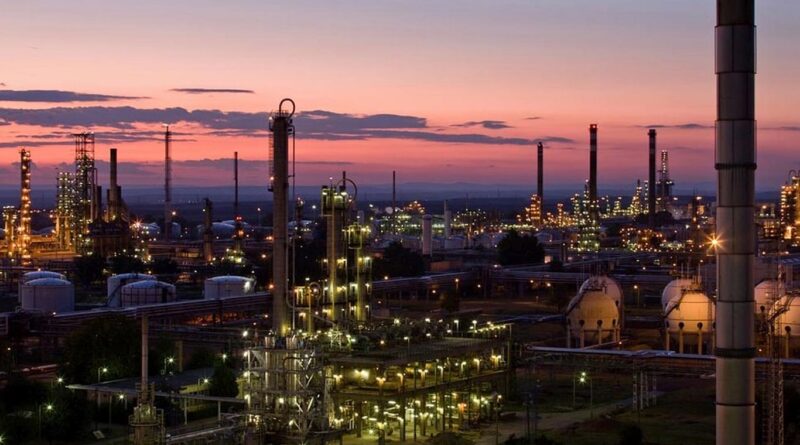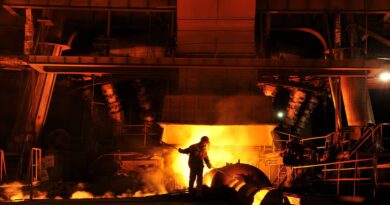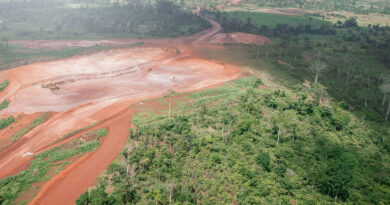Global commodities in a post-Ukraine-war world
Russia’s invasion of Ukraine was a geopolitical quake that will reverberate for decades. Europe is at the centre, its relationship with Russia now seeming irrevocably broken. War has catapulted energy security to the very top of the political agenda. Europe’s highly public commitment to wean itself off Russian energy is beyond the point of no return.
Every alternative is now on the table. Those with domestic hydrocarbon resources will look to fast-track production, while many will increase investment in low-carbon energy supply, even as tighter supply chains push up costs. The precise timing and implementation of future bans on Russian commodity imports are difficult to predict.
But it is inconceivable that Europe and its allies will abandon their diversification strategies and return to any meaningful dependence on Russia. A rewriting of energy trade flows is now underway, with Russia inevitably looking east for alternative markets.
The din of Asia’s economies has long been music to the Kremlin’s ears, but buyers can never be taken for granted. China and India will look to benefit from discounted Russian imports, but they will also want to protect their access to European and US markets. There is, therefore, a real risk of some global supply being lost.
Moreover, the divide between ‘the west’ and non-aligned countries could deepen, curtailing global trade and worsening supply-chain tightness. With the world entering a new geopolitical paradigm, fresh thinking is required.
METALS
Will non-sanctioning countries absorb Russian supply and refined output? The answers are likely to come from China. The country could readily absorb Russian metals if they were banned in western markets, but Europe and others will want to ensure that ‘washed’ Russian metal – processed and used in manufactured goods by China – doesn’t simply find its way back in.
OIL AND REFINED PRODUCTS
A global reshuffle, but limited net loss Russia’s oil exports have continued to flow, though buying patterns have shifted. Even with an EU ban on most Russian crude and refined product imports by the end of the year, we expect the global market can handle this without an extreme effect on oil and refined-product supply and prices.
GAS
Despite the challenges, Europe has already dramatically reduced its dependence on Russia gas, as record gas prices trimmed demand and facilitated an unprecedented wave of LNG imports. As a result, the EU is set to import only 90 bcm of Russian pipeline gas in 2022, a stark reduction from the 140 bcm it imported in 2021.
COAL
With an EU ban already announced for October, coal prices have been trading at historical highs of more than US$350/t, a 300% increase from last year. Since the invasion of Ukraine, European buyers have been steadily negotiating long-term contracts with alternative coal suppliers, reportedly paying above spot prices at times. European coal imports doubled in April as supply was redirected from other markets.



